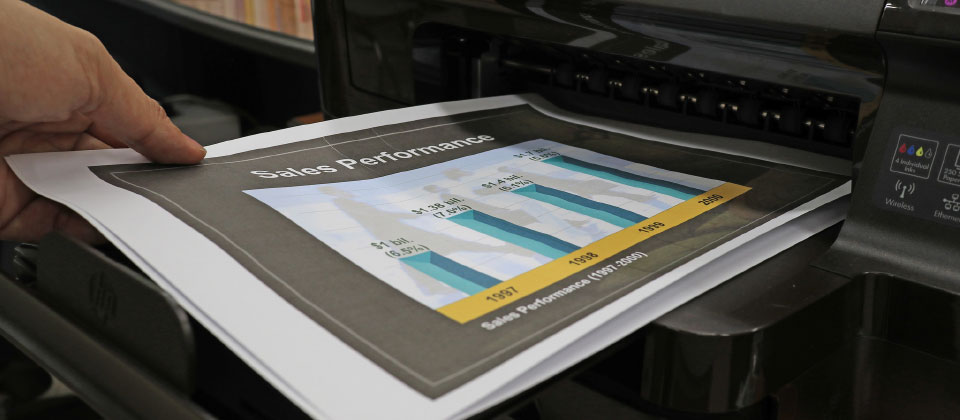Suzanne Peck, Managing Director at Sequel and IoIC President, explains how to supercharge your campaign.
You need to get important, complex information across and to engage your people. It’s business-critical so you decide on a campaign. You’ve got a little budget, the business agrees it’s important, so why do most internal campaigns fail within three months?
Poor communication leads to project failure nearly a third of the time.
Here are our top five tips to supercharge your campaign and deliver results:
1. You don’t have a clear objective for your campaign

What are you trying to achieve? You know what needs to change. Ask this: ‘why hasn’t it happened already?’ Try mapping out the forces for and against what you want to happen. Do you have clear objectives and expectations, and a vision of what success looks like? How will you measure its impact – without data, it’s just opinion.
Having identified the need to act, many campaigns are rolled in blind panic without a phased and strategic plan.
Communications isn’t a magic wand solution that will take away all the problems. Too often we see communications brought in as an afterthought, often when it is too late to shape and influence messaging and strategy.
High-performing organisations create formal communication plans for nearly twice as many projects as their lower performing counterparts (which complete fewer than 60 per cent of projects on time, on budget, and within goals).
2. You skip the research

You know your business, you know your audience, so why bother to do research? If you skip this stage, you’re halfway to failure. Asking questions of interested parties and the audience should be baked into your communication plan. What do they want, how do they want to be communicated with? This allows you to detach yourself – use an outside partner for objectivity.
3. You’re running too many campaigns

How many campaigns are you juggling today? Many organisations have a number of initiatives, strategies, and campaigns running at one time. Find out what else is happening across the organisation to avoid a clash.
And find ways to make yours stand out. ‘Ta-dah’ launches create a buzz but it’s phased campaigns that deliver the results. Follow up the launch with communications that keep the message alive and sustainable. Timely intervals and with fresh angles and formats to appeal to your audiences. It’s more than just packaging and promotion.
4. Clip art and a PowerPoint doesn’t make a campaign

The initiative you’re promoting is important to the business. A business that’s probably already got PowerPoint fatigue. Better creativity leads to better results. What will make your campaign memorable? Be bold and find ways to make your campaign stand out – put yourself in the audience’s shoes – what will appeal to them? Where are they, how can you best reach them? We’ve used fold-out Z-cards, posters in rest rooms, branded cupcakes, mobile quizzes, team brief games, virtual tours, video, viral postcards and five-foot tall owls – use your imagination to engage your people.
5. It doesn’t inspire or motivate

The best campaigns communicate the benefits, inspire action and play to emotions. They know their audience and the challenges they face, adopting the right tone and style. Aim for targeting, not for reach, so that your messages are relevant and resounding.
How can you involve your audience, how can they be part of it? Use conversation starters and dialogue opportunities; use social media internally, and externally if relevant, to capture imagination and raise awareness. Keep it simple and include clear calls for action – what do you want your audience to think, feel and do as a result of your campaign?
Suzanne Peck
Managing Director, Sequel Group, and President, Institute of Internal Communication
For more information about how Sequel can help bring your campaigns to life, get in touch at nick.andrews@sequelgroup.co.uk or give us a call on 020 7354 5577.